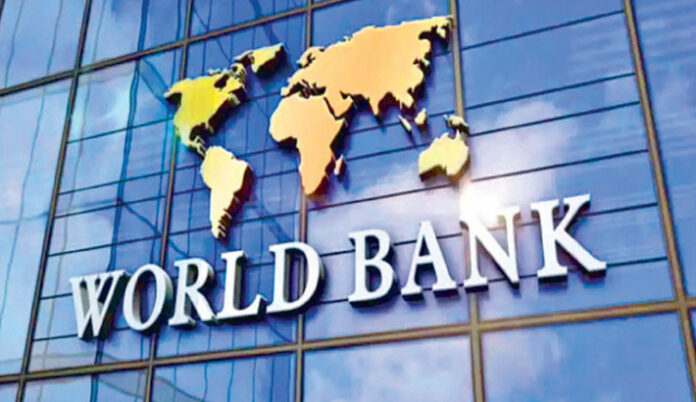The World Bank may approve a $250 million loan to Nigeria next month under the third phase of its Health Security Programme in Western and Central Africa as the country battles mounting health and economic challenges.

According to an appraisal document published by the global lender, the proposed loan, which is scheduled for board approval on September 23, 2025, will be channelled towards improving Nigeria’s ability to prevent, detect and respond to health emergencies through strengthened systems and regional collaboration.
The World Bank document noted that the objective of the loan project is to “increase regional collaboration and health system capacities to prevent, detect and respond to health emergencies in the Federal Republic of Nigeria.”
The funding, which will come in the form of an International Development Association credit, is expected to be managed by the Nigeria Centre for Disease Control, with the Federal Ministry of Finance serving as borrower.
According to the World Bank document, Nigeria, Africa’s most populous nation with an estimated 223 million people, is facing some of the worst health outcomes globally. Life expectancy remains at a low 54 years, maternal mortality exceeds 1,000 per 100,000 live births, and under-five mortality is 114 per 1,000.
These translate to over 800,000 child deaths and 80,000 maternal deaths annually. The country’s health system is further strained by the growing threat of antimicrobial resistance, which was directly responsible for more than 64,500 deaths in 2019 and associated with over 263,000 others.
Six of Nigeria’s top ten causes of death are infectious diseases, including malaria, HIV and AIDS, tuberculosis and diarrhoeal diseases. These public health concerns are compounded by widespread poverty, weak infrastructure, underfunding and poor human capital development.
The World Bank estimates that 120 million Nigerians, or 54 per cent of the population, were living below the poverty line in 2024. Despite its health crisis, government expenditure on healthcare remains one of the lowest globally at just 0.62 per cent of GDP and 4.1 per cent of general government spending.
This translates to approximately $14 per capita, with less than $3 of that allocated to primary healthcare. As a result, out-of-pocket health spending by households reached 76.24 per cent in 2021, ranking among the highest in the world and severely limiting access to care for millions of Nigerians.
Compounding these challenges is the growing frequency of climate-related disasters, which are predicted to cause $399bn in health-related economic losses by 2050, according to World Bank estimates.
The proposed $250m health facility will be used to improve disease surveillance, laboratory capacity, emergency preparedness and health service continuity during outbreaks.
The project will also expand public health infrastructure, including emergency operations centres across Nigeria’s 36 states and the Federal Capital Territory, and develop a national warehouse for emergency medical supplies.
